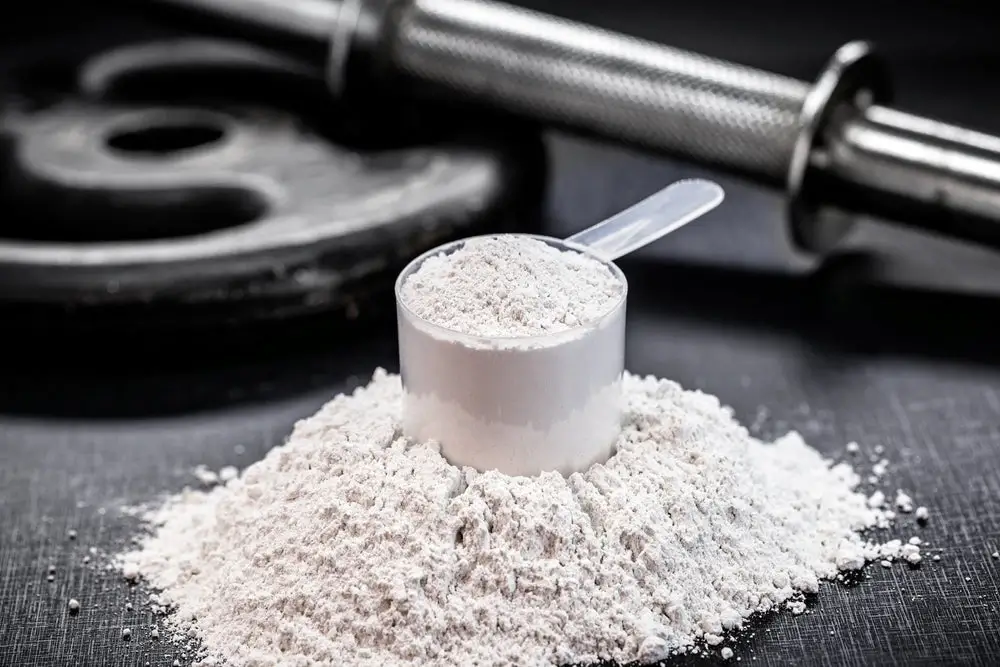In the world of sports nutrition and fitness, few supplements have stood the test of time like creatine. Known for its impressive ability to enhance athletic performance, build lean muscle, and even improve brain function, creatine has become a staple in the routines of both professional athletes and casual gym-goers. But what exactly is creatine, how does it work, and is it right for you?
What is Creatine?
Creatine is a naturally occurring compound found in small amounts in red meat and fish. It’s also produced by the body in the liver, kidneys, and pancreas. About 95% of the body’s creatine is stored in muscles in the form of phosphocreatine, where it helps regenerate adenosine triphosphate (ATP) — the primary energy currency of the body.
How Does Creatine Work?
When you engage in high-intensity, short-duration activities such as weightlifting or sprinting, your muscles need rapid energy. This energy comes from ATP. Unfortunately, ATP stores deplete quickly, typically within 10 seconds. That’s where creatine steps in — by donating a phosphate group to ADP (adenosine diphosphate), it helps regenerate ATP, allowing muscles to sustain high power output for longer periods.
Key Benefits of Creatine:
1. Increased Muscle Mass
Creatine draws water into muscle cells, increasing cell volume and stimulating muscle growth. Over time, this can lead to significant gains in strength and size when combined with resistance training.
2. Improved Athletic Performance
Creatine improves power, speed, and endurance in high-intensity training. Athletes who take creatine often report better sprinting ability, increased rep range, and reduced fatigue.
3. Enhanced Brain Function
Emerging research suggests creatine may support cognitive performance, particularly under stressful conditions like sleep deprivation. Since the brain also uses ATP for energy, creatine’s role in energy regeneration extends to mental performance too.
4. Muscle Recovery and Injury Prevention
Creatine can help reduce inflammation, muscle damage, and soreness after workouts, supporting quicker recovery and reducing the risk of overtraining injuries.
Is Creatine Safe?
Yes. Creatine is one of the most researched and safe supplements available. Studies spanning decades have shown no harmful effects in healthy individuals when used as directed. Common myths — like creatine causing kidney damage or dehydration — have been debunked by scientific evidence.
However, individuals with pre-existing kidney conditions should consult a healthcare professional before starting supplementation.
How to Take Creatine
- Form: Creatine Monohydrate is the most researched and effective form.
- Dosage:
- Loading Phase (Optional): 20g per day split into 4 doses for 5-7 days.
- Maintenance Phase: 3-5g daily.
- Timing: Can be taken before or after workouts, or at any convenient time with water or a carbohydrate-rich drink for better absorption.
Who Should Take Creatine?
Creatine is beneficial not only for bodybuilders and athletes, but also:
- Older adults looking to preserve muscle mass and brain function.
- Vegetarians and vegans who may have lower natural creatine stores.
- Individuals with neurological conditions (under medical supervision).
Conclusion
Creatine is much more than a gym supplement — it’s a powerful performance enhancer, brain booster, and recovery aid backed by science. Safe, affordable, and effective, it’s a smart addition to nearly any health and fitness regimen.
Whether you’re chasing athletic goals, cognitive clarity, or simply better workouts, creatine might just be the edge you need.







